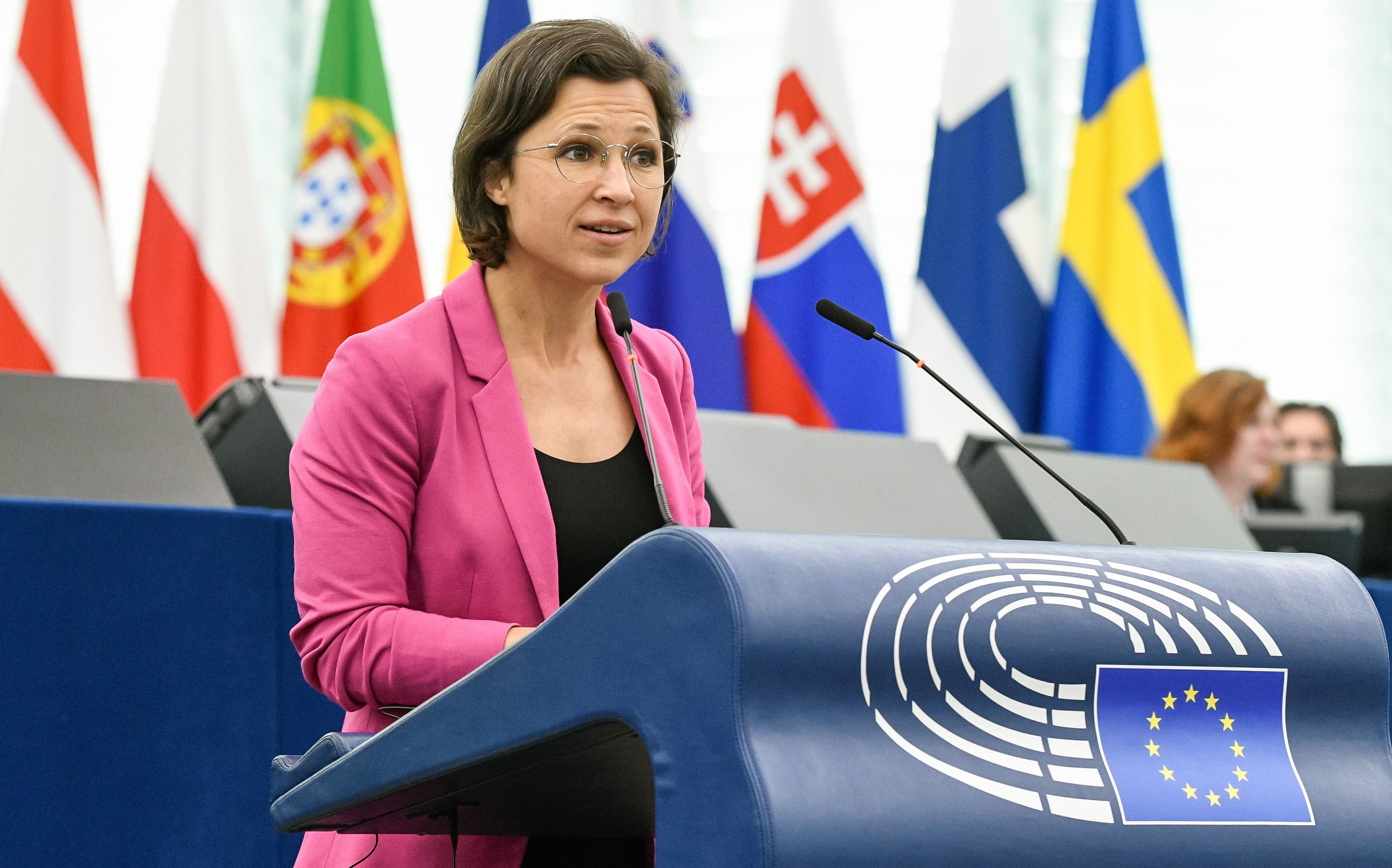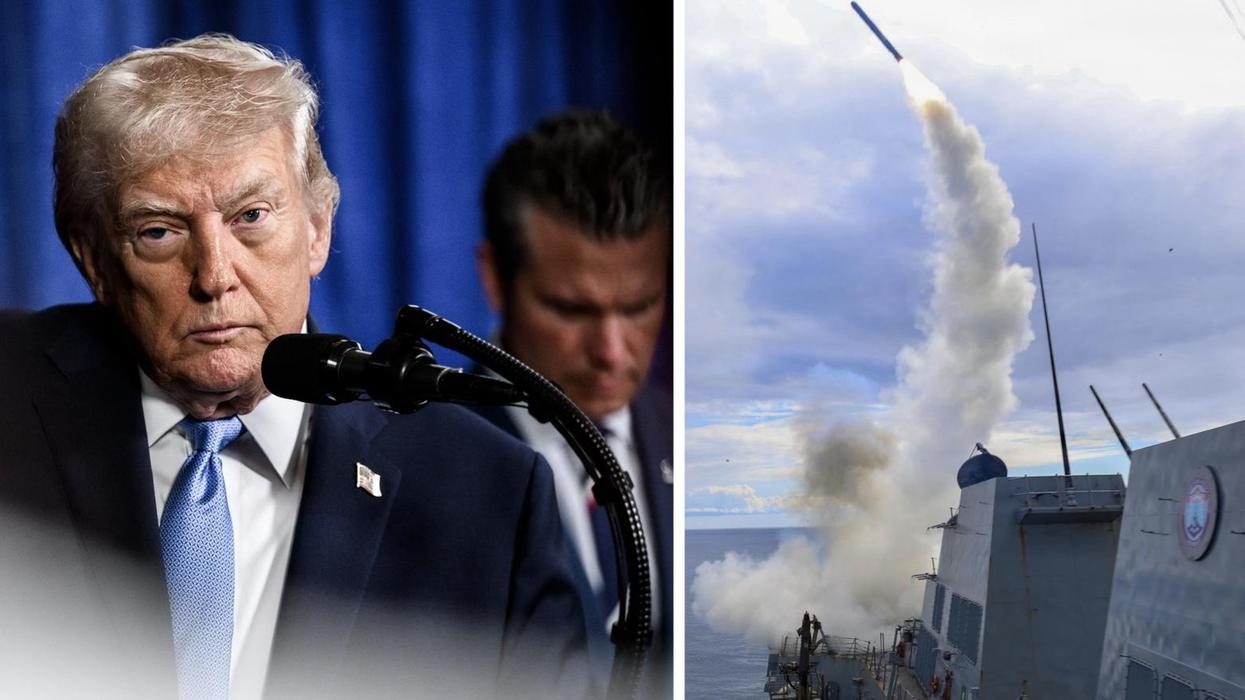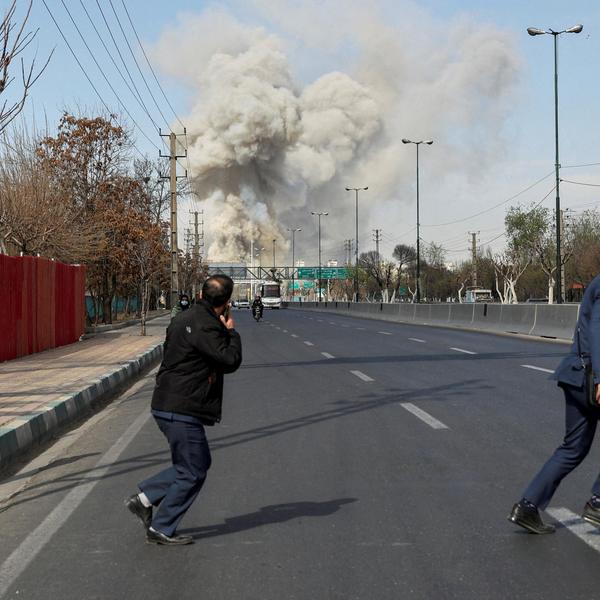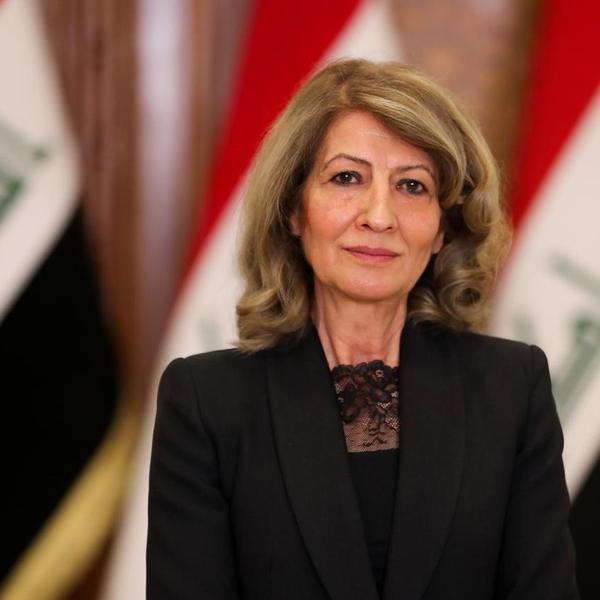As Iran’s president-elect Massoud Pezeshkian is sending messages about his readiness to reengage with the West, the newly elected European Parliament seems to be moving ever further in a hawkish direction. That can be concluded from the appointment of the German Green Party lawmaker Hannah Neumann to chair the EP’s delegation to Iran in the assembly. Save for a major, and unlikely, upset, she’ll be formally endorsed in that position when the body reconvenes after its summer recess.
According to European Parliament rules, the task of inter-parliamentary delegations is to maintain and deepen relations with the parliaments of non-EU countries. Delegations are not the most influential bodies in the EU but they can offer a valuable channel of communication with third countries, particularly in cases when official relations are strained, as is the case with Iran. Or, alternatively, they can become a forum for ventilating grievances against those countries, thus contributing to shaping negative narratives and creating a political climate detrimental to productive diplomacy.
Neumann is not a newcomer to the Iran file. It remains to be seen how she’ll approach her new position, but if her past activities are any indication, we should expect a rather confrontational stance.
A member of the German Greens, the same party to which German Foreign Minister Annalena Baerbock belongs, Neumann was outspoken in her criticisms of the Iranian government. She consistently campaigned for the inclusion of the Islamic Revolutionary Guards (IRGC) in the EU terrorist list — a step opposed by the EU’s former high representative on foreign policy Josep Borrell on legal grounds. Politically, blacklisting an official security force of Iran will likely provoke more problems in the EU’s relations with Tehran. When Borrell’s successor, former Estonian prime minister Kaja Kallas, acceded to the post, Neumann urged her to take that step, even though unanimity among the all member states will be required to make it effective.
In one particularly strident intervention on the heels of the “Woman. Life. Freedom” movement in Iran, Neumann last year disparaged Borrell’s diplomatic engagement with Tehran by calling on him to “stop stabilizing the brutal regime while the people of Iran are prepared to die for its downfall.” In a debate in April, following exchanges of strikes between Israel and Iran, she spoke of the need to build a regional security architecture to stop the cycle of escalation yet seemed to blame mostly Iran and its allies for that escalation — while she condemned, rightly, Iran’s strike on Israel, she did not mention the Israeli deadly strike on the Tehran’s diplomatic compound in Damascus, which provoked Iran’s retaliation in the first place.
While Neumann has chastised the Islamic Republic’s lack of democratic representation, her pro-democracy zeal was markedly less pronounced in her role as the chair of the European Parliament’s delegation for relations with the Arabian Peninsula (2019-2024) which covers ties with all the Persian Gulf countries. In 2021, the European Parliament adopted a resolution condemning human rights abuses in the United Arab Emirates that included a clause urging the EU to boycott the Expo 2020 in Dubai as a sign of disapproval of Abu Dhabi’s repression. Nevertheless, Neumann visited the Expo in clear contravention of the parliament’s position, which was overwhelmingly supported by her own political faction.
Neumann praised the late president of the UAE Sheikh Khalifa bin Zayed al-Nahyan for ushering the UAE into “an unprecedented era of growth and modernization,” without any reference to the country’s human rights record, even as she lashed out at Borrell, EU Council President Charles Michel, and humanitarian aid commissioner Janez Lenarcic for following the standard diplomatic protocol of expressing condolences for the death in a helicopter crash of the Iranian President Ebrahim Raisi two months ago.
Neumann compared working with the Gulf’s Arab countries to walking a diplomatic tightrope, suggesting the need to balance human rights concerns with other interests, such as climate change, women’s rights, economic cooperation, etc. That is sensible. However, it doesn’t appear as if she is prepared to embrace the same spirit in dealing with Iran. In fact, she greeted her appointment as the chair of the Iran delegation with a narrow focus on a “fight for a democratic and free Iran.”
If anything, such rhetoric risks turning the delegation into an echo chamber of constantly regurgitated talking points about how bad the Iranian regime is and the need to remove it. It may work well on social media and offer a sense of moral satisfaction, but it is unlikely to advance a more nuanced understanding of Iranian realities. The delegation, in concrete terms, would likely not be welcome in Tehran to meet with its counterparts in the Iranian Majles, which is one of the primary tasks of the body. In the past, such visits occurred with a certain regularity, and that did not preclude participating MEPs from expressing strong opinions on human rights and other aspects of the Iranian policies. Neumann, however, appeared to rule out any legitimacy for the current parliament which was elected this spring.
As an organizer and participant of many such undertakings in the past, I can definitely affirm that mutual visits help to build trust, better understand the other side’s perspectives — without necessarily agreeing with those perspectives — and ultimately widen the space for diplomacy. Contrary to Neumann and many other MEPs’ criticisms of a diplomatic outreach to Iran, the truth is that in the past 45 years, there was never too much of it but rather too little. Shutting down one available channel, at a time when Tehran is showing more flexibility towards the West, especially Europe, would not be wise, and would work to reduce the EU’s diplomatic relevance.
















